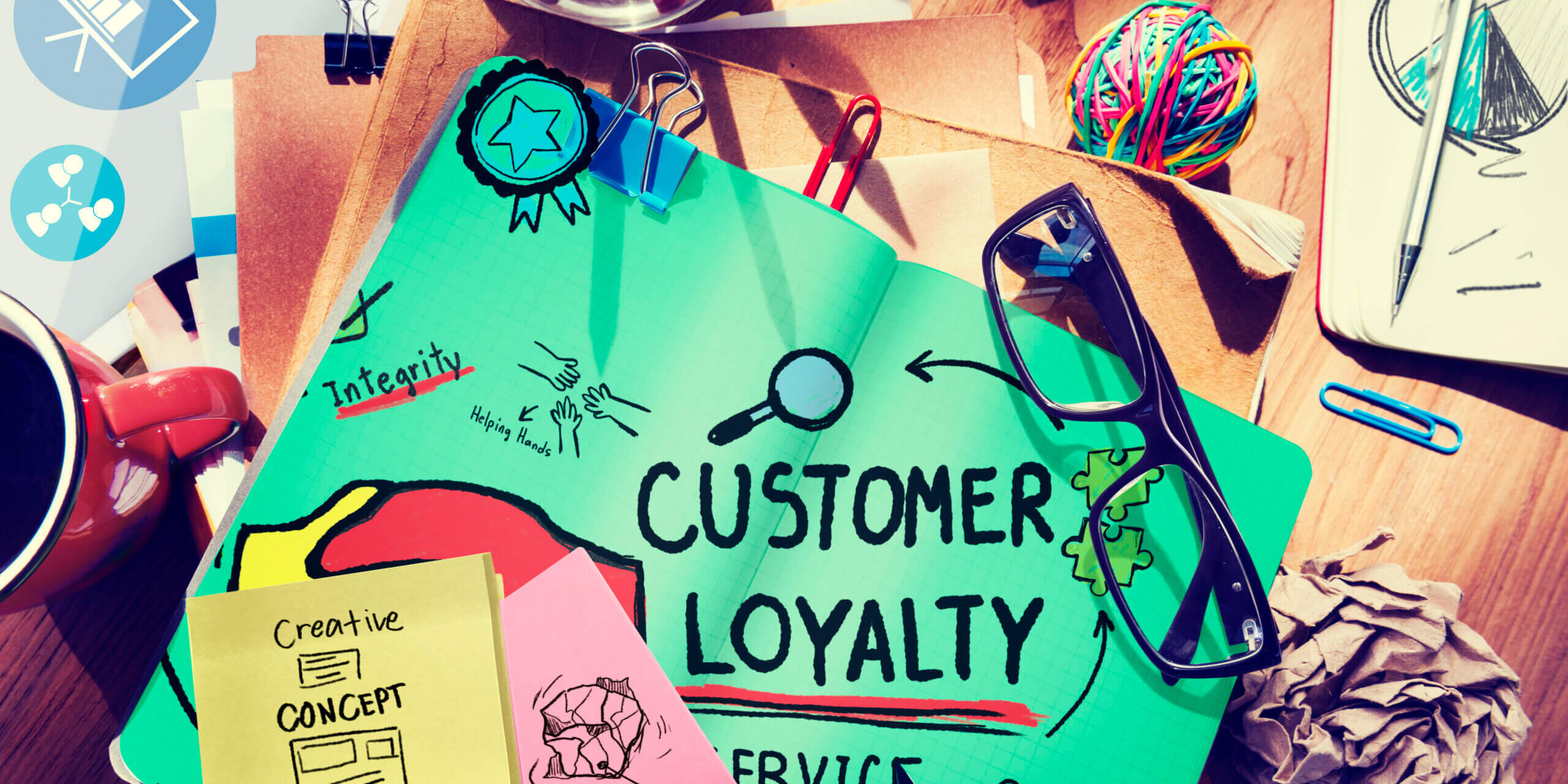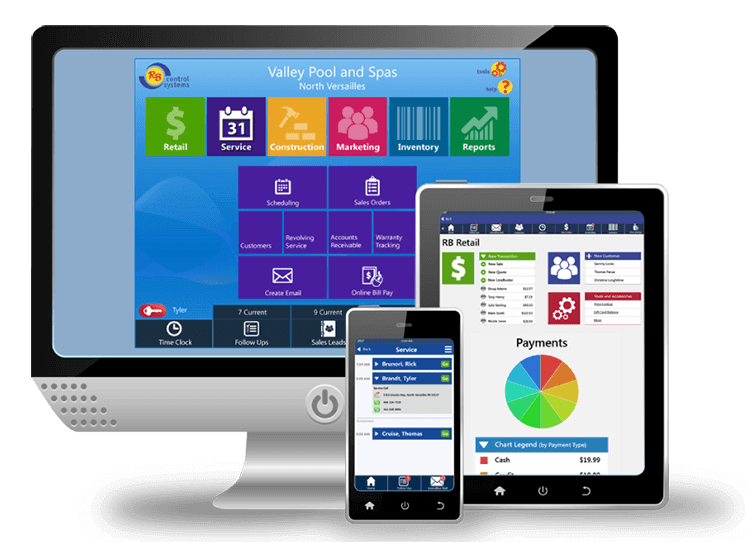Choosing Customer Relationship Management Software for Small Businesses
Today’s small businesses face the challenge of managing customer relationships effectively while growing and staying competitive. The key to achieving these goals is using the right technology, especially Customer Relationship Management (CRM) software. Choosing the perfect customer relationship management software for your small business is about more than just keeping up with your contacts. It’s about enhancing customer experiences, streamlining operations, and unlocking the potential for growth and efficiency.
Below, we’ll explore CRM benefits, key features, and how to navigate the options available to find the best fit for your unique pool business needs. Whether you’re looking to improve customer loyalty, boost sales, or organize your customer interactions more efficiently, understanding what to look for in a CRM is the first step towards transforming your small business into a customer-centric powerhouse.
What is a CRM?
CRM software helps your business manage its interactions with current and potential customers. An effective CRM will help you organize, automate, and synchronize sales, marketing, customer service, and tech support in one place. The goal of a CRM is to help your small business improve its relationships with customers, increase retention and sales, and streamline business operations.

Here are just a few key features of RB’s CRM that help you achieve those goals:
Customer Loyalty Reporting
Reporting allows you to make business decisions based on data rather than guesswork. You can also track important information to determine which customers are loyal or at risk and how to adjust your advertising to retain them.
Communication
Our CRM integrates with your water analysis software to offer faster service. You can also use the scheduler system, follow-up call tracking, and integrated internal communication tools to better meet the needs of both customers and employees.
Unlimited Customer Database
Keep an accurate and up-to-date database, build your mailing and email lists by tracking customers and sales, import customer lists, define your own fields to categorize customers, create targeted ad campaigns, and distribute maintenance calendars and tip sheets to customers to drive engagement.
Automatic Alerts
Easily communicate information about customers to staff, send customers alerts about their outstanding balances, available in-store credit, open quotes, and open transactions, and organize all customers’ unique equipment data and serial numbers in one place.
How Much Does a CRM Cost for a Small Business?
The cost of a CRM system for a small business can vary widely based on several factors like features required, number of users, and level of customization. A wide range of prices and options are available for a variety of budgets. When choosing a CRM, small businesses should carefully assess their needs and budget, consider the total cost of ownership, and evaluate the potential return on investment. Choosing the right CRM is about finding the best fit for your business’s unique needs and budget. Take advantage of demos to test the software’s functionality and ensure it aligns with your business processes and goals.
RB users are guaranteed a return on their investment in our CRM system, and most users see enough cost savings to pay for the software within the first year.
What Should I Look for in a CRM for My Small Business?
Selecting a customer relationship management system for a small business should involve considering both current needs and potential future requirements as your business grows. A CRM system like RB’s that offers expanded features when and if needed is ideal. With RB, you can combine your CRM with Employee Management, Marketing, Scheduling & Service, Point of Sale, and Inventory Management to run your entire business through one central system.

Here are some additional characteristics to look for in a CRM for small businesses:
- Ease of Use: The CRM should have an intuitive interface that your team can quickly learn and use efficiently, with adequate training and tech support to simplify the adoption process.
- Customization: The ability to customize the CRM to fit your business processes, workflows, and terminology is essential.
- Integrations: Your CRM should easily integrate with other tools and platforms your business uses, like email and water testing software.
- Contact & Lead Management: Effectively managing customer and lead information is crucial. Look for features that allow you to segment your contacts, track interactions, and manage leads through the sales pipeline.
- Sales & Marketing Tools: Tools for managing the sales process, marketing campaigns, email marketing, and automation can help streamline operations and improve efficiency.
- Customer Support and Service: Features that help you manage customer service requests and provide timely support can improve customer satisfaction and retention.
- Analytics and Reporting: Analytics and reporting tools for tracking sales performance, customer engagement, and other key metrics are valuable for making informed business decisions.
- Vendor Reputation and Support: Research the CRM provider’s reputation, customer service, and support options. Check out RB’s 5-star rating and read through testimonials here.
Strengthen Customer Relationships and More with RB’s Customer Relationship Management Software for Small Business
RB’s software is designed specifically for pool and spa businesses and is continuously updated using feedback from our clients from across the country. Our software completely manages retail and service in a single system, and our customizable add-ons provide everything you need to maintain excellent customer relationships and boost your bottom line. Contact us today for a no-obligation demo, or check out our latest eBook – The 2024 Pool Trend Report: Cutting Edge Designs Making a Splash.





